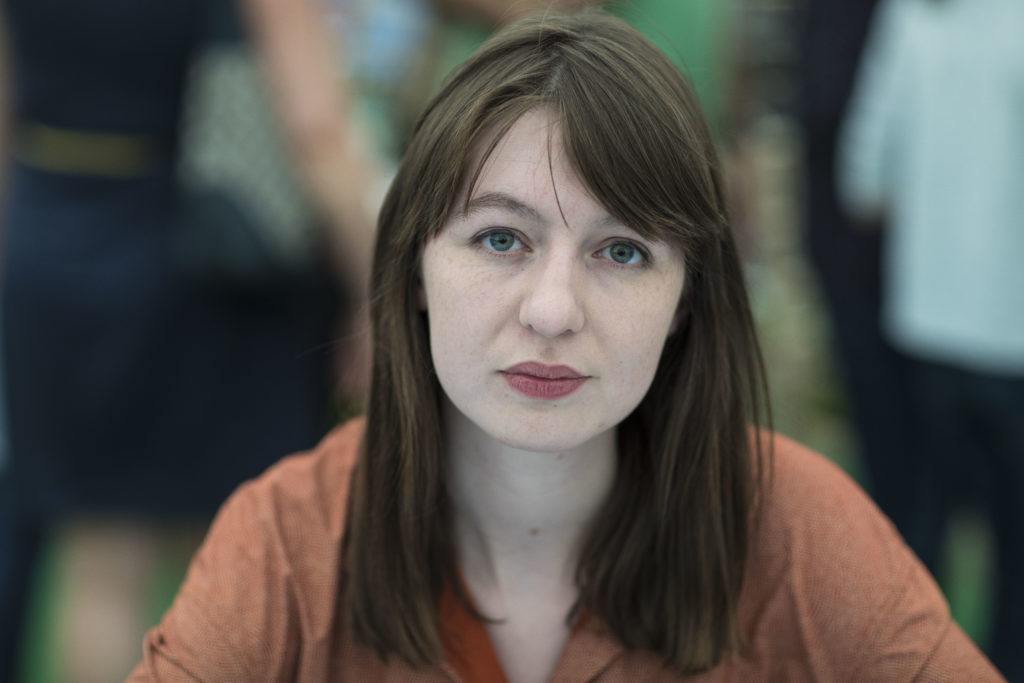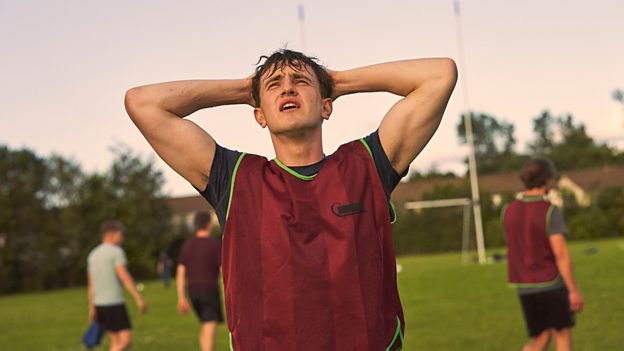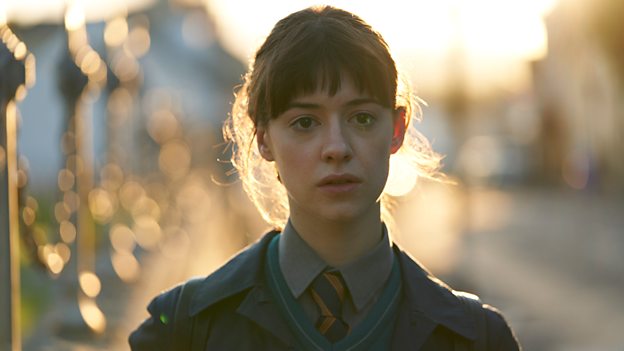AS anticipation builds for the BBC’s 12-part TV adaptation of Sally Rooney’s Normal People, which is due for release in 2020, the question on everyone’s lips is, will the world really understand all the Irish things that happen in the story?
Normal People follows the twists and turns of a Romeo and Juliet-esque relationship between two students, Connell and Marianne - played by rising talents Daisy Edgar-Jones and Paul Mescal in the BBC3 adaptation, which is directed by the Oscar-nominated Lenny Abrahamson.
Both characters are from Mayo and move to Dublin to study at Trinity College - much like the author herself, who has adapted the story, alongside writers Alice Birch and Mark O’Rowe, for its television debut.
 Author Sally Rooney has adapted her best-selling book for the BBC3 television series
Author Sally Rooney has adapted her best-selling book for the BBC3 television seriesLike any good author, Rooney does not pander to her readers or try to make heavy explanations of all the traditions and nuances of Irish culture and Trinity life.
But with such a wide international audience, there is a lot in the book - and possibly the television series - that the rest of the world probably didn’t even realise they missed.
Pay close attention now. Here are the parts of Normal People that only Irish people understand...
The Dublin/Culchie divide
“People in Dublin often mention the west of Ireland in this strange tone of voice, as if it’s a foreign country.”
In Ireland, there’s Dublin and then there’s the rest of the country.
Connell comes from a working-class family in a town in the West of Ireland. When he arrives at Trinity he goes to a party full of Dublin people from fee-paying private schools. There, his practical rucksack is mistaken for a ‘nineties’ fashion statement.
Leaving Cert points system
“Annie Kearny’s after getting five-seventy! Someone in your year got six hundred.”
Not just arbitrary numbers, ‘six hundred’ is the maximum points you can get in your Leaving Cert, the final exams in secondary school. It is the equivalent of achieving six A1s.
The points system has since changed, but let’s not talk about that.
The Debs
“I asked Rachel Moran to go to the Debs with me.”
The Debs (short for "debutante" - but never called this) is a rite-of-passage for 18-year-olds around Ireland when they finish school.
Think; a glitzy dress, awkward pictures with your date, a cheap hotel on the motorway. The rest of the night will go very much like the Debs in Normal People, where ‘everyone got very drunk and Lisa passed out before dessert’.
 Paul Mescal stars as Connell in BBC3's Normal People
Paul Mescal stars as Connell in BBC3's Normal People‘Schols’
“The university scholarships were announced back in April. The Provost stood on the steps of the exam hall and read out a list of the scholars.”
A long-held tradition of Trinity College - students in their second year get the chance to take scholarship exams in their area of study. If they achieve a grade of 70 per cent or higher in all exams they get awarded free fees and accommodation for five years, as well as a nightly dinner in the dining hall and the letters ‘Sch.’ after their name.
Sounds fantastic, right? For some students ‘schols’ is like an academic pat-on-the-back. For others it’s a financial lifeline. The irony is, most students who get schols are probably quite well-off and definitely don’t need it.
The archetypal Trinity student
“All Connell’s classmates have identical accents and carry the same size Macbook under their arms.”
Rooney describes them as wearing ‘waxed hunting jackets and plum-coloured chinos’.
These are the types who get ‘schols’.
 Daisy Edgar-Jones as Marianne in the adaptation of Sally Rooney's bestseller
Daisy Edgar-Jones as Marianne in the adaptation of Sally Rooney's bestsellerThe J1
“Helen is on a J1 in Chicago for the summer.”
The J1 is the classic summer experience for Irish students. For about 50 years, the J1 visa has allowed students from Ireland to go to the US and work and travel for a few months.
The reality of it is spending three months living in a hot basement in Chicago with your best friends, sleeping on a mattress on the floor, eating tinned beans and working in the local Irish pub. Indisputably, the best summer ever.
Mass
“I didn’t really want to come home for it but my mother kind of insists. I’m not a big mass person.”
Whether you’re religious or not, mass in Ireland is something of a cultural institution. Guaranteed you’ll be going along, even if it’s just to please your mother - like Marianne.
Country nightclubs
“Kelleher’s was packed that night and damp with heat. Connell was right, everyone from school was there.”
There’s a Kelleher’s in every big town and everyone who went home for Christmas will have ended up there - even Maura from Love Island.
Watch out for the sweaty pictures (that you didn’t know were being taken) on the nightclub’s Facebook page the next day. Untag button at the ready.
Irish Mammies
“Without speaking, she [Lorraine] put her arms around Marianne and embraced her very tightly.”
Lorraine, Connall’s mother, is the classic Irish Mammy. Warm, caring, up in your business, and will not rest until you are fed - or at least have had a cup of tea. ‘Ah go on.’
Tea
“I presume you’ll have tea, she says.”
Tea and the ritual of making tea deserves a whole article to itself. It is mentioned at all critical moments throughout the book.
Families in Ireland are firmly divided on tea brands (you’re either a Barry’s or Lions family) but in truth the ritual unites us all. It is the strength of the nation and the warmth in our hearts.

